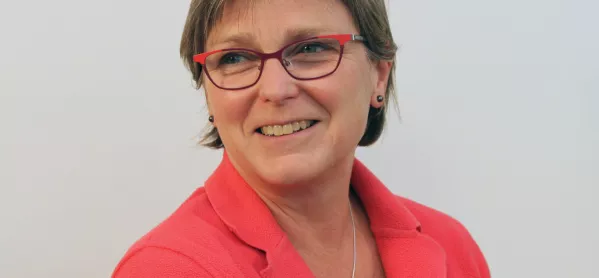I was interested to read the article ‘It’s a national scandal’ by Mary Bousted on the TES website earlier this month.
But as well as being interested, I was also disappointed that the article implies we have been working inefficiently and without care towards those who rely on our accreditation decisions.
Let me be clear: We know it is vital that parents, students and particularly teachers have specifications swiftly to help inform their choices and to prepare for teaching in September. We also recognise the need to keep people up to date on the progress being made with accreditation. This is why we are making information available in an open and transparent format and why we are providing frequent updates.
In September this year, new GCSEs in 20 subjects and AS and A levels in 11 subjects are due to be taught. Exam boards are planning to introduce 156 new specifications. To date, 51 (one third) of these have been accredited across a range of subjects. The number accredited is increasing steadily, but we are not complacent about progress.
Rigorous qualifications
Accreditation requires a great deal of care and thought and, necessarily, time. We engage with subject experts, many of whom are current teachers. These new qualifications need to stand the test of time and it is right we are being rigorous.
We want to see specifications being accredited - as do the exam boards - but we must be confident the qualifications will perform well so we will not make shortcuts. Exam boards must show us that, for each reformed qualification, they are capable of delivering qualifications and good assessments that will comply with our regulations and will continue to do so over many years.
When we cannot accredit a qualification we provide the exam board with detailed written feedback to explain the reasons for rejection. We usually meet with the exam board, too. The exam board then reworks its proposal and resubmits it. The time it takes an exam board to prepare subsequent drafts reduces as the number of issues they must address, and we must in turn consider, also reduces.
Extensive consultation
Ms Bousted says: “Subject leaders have to guess the answer inside Ofqual’s head as they have to teach Year 9 students without knowing the content and standards to which they will be subsequently working at GCSE (and beyond).”
But the subject content was published by the Department for Education some time ago, for some subjects, back in April 2014. Exam boards have also published their draft specifications.
Accreditation is just one stage in the overall reform programme, which involves a number of parties, extensive consultation and is running over a number of years.
Our approach balances pace with precision.
We remain committed to keeping schools, teachers and students up-to-date with progress. Specifications will be accredited as soon as possible. But above all, it is our responsibility to ensure that these new specifications are right.
Julie Swan (pictured) is acting executive director for general qualifications at Ofqual
Want to keep up with the latest education news and opinion? Follow TES on Twitter and like TES on Facebook

